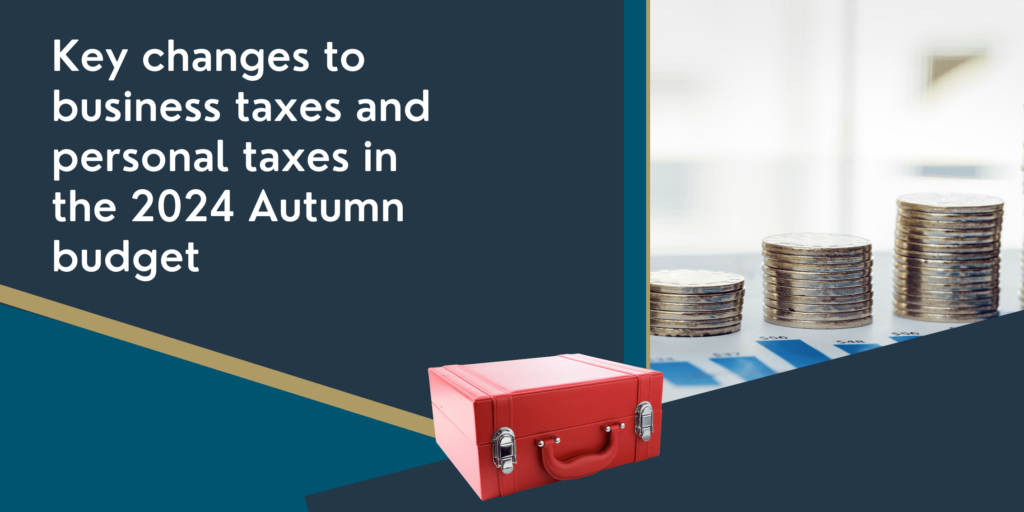Could a biomass boiler be right for your business?
Biomass is biological material derived from living, or recently living organisms – typically plant based material. As a sustainable, and comparatively ‘clean’ source of energy, the government are keen to encourage the use of Biomass as fuel. The target is for 12% of heating to be coming from renewable sources by 2020, and there are various schemes in place to incentivise businesses and households to sell, install, and use such equipment.
The Renewable Heat Incentive (RHI) is possibly the most accessible and widest reaching of these schemes. Launched in 2012 for the non-domestic sector, and having opened in April 2014 for householders too, the scheme provides financial support by way of cash payments for users of technologies such as:
- Biomass (for example wood fuelled) boilers
- Biomass pellet stoves with integrated boilers providing space heating
- Ground to water heat pumps
- Solar thermal panels (flat plate or evacuated tube only) providing hot water for your home
The payments for domestic users are made quarterly for a period of seven years, with different tariffs set for different types of technologies. Installing an eligible Biomass boiler in a home may typically cost between £15,000 and £20,000, but depending on energy useage you may expect to receive £2,815 a year for 7 years – enough to cover the cost of installing the system.
The Non-domestic RHI runs alongside the scheme for domestic users and is open to the non-domestic sector including industrial, commercial, public sector and not-for-profit organisations with eligible installations. This includes for example small businesses, hospitals and schools as well as district heating schemes such as where one boiler serves multiple homes. The payments under the non-domestic scheme have a separate set of tariffs for the different types of ‘green’ heating systems, and payments continue for a period of 20 years.
Further details of the terms & conditions of the schemes and how to apply can be found on the Ofgem website www.ofgem.gov.uk
There are also tax breaks on offer aiming to encourage businesses to opt for energy saving technologies. Enhanced Capital Allowances are available for expenditure on certain energy saving plant and machinery including Biomass boilers, LED lighting, solar thermal equipment, water saving technology and also low emission cars. The investment must be in new rather than second-hand equipment, and the full list of eligible items is available from The Carbon Trust. Under these rules, the cost of investment by a business in qualifying energy-saving plant and machinery can be fully offset against the business’ profits when arriving at the figure on which taxes will be charged. This gives a reduction in tax of 20% of the cost of the equipment (for companies paying corporation tax), or at 40% (for sole-traders with earnings above the higher rate band of £42,386) in the year of purchase. If the business has a taxable loss position after deducting capital allowances these can be relieved in the usual ways including carrying forward to use against future profits, carrying back against the previous year’s profits, or sharing the loss against profits of other companies in the group. Alternatively, there are also some special rules that can allow a company to surrender losses are attributable to investments in qualifying equipment in return for a cash payment called a first-year tax credit at 19% of the investment.
However, a large downside associated with Enhanced Capital Allowances is that they cannot be claimed on equipment for which the business is receiving the Renewable Heat Incentive. Instead, the business may be able to utilise the Annual Investment Allowance, currently set at £500,000 per year (although set to reduce to £200,000 from 1 January 2016), under which the cost of investment in plant and machinery can be fully deducted from profits for taxation purposes in the year of purchase.
For advice on how to best utilise the taxation reliefs that might be available for your business please contact Steve Hale on 01689 823175, or telephone your local Perrys branch.







